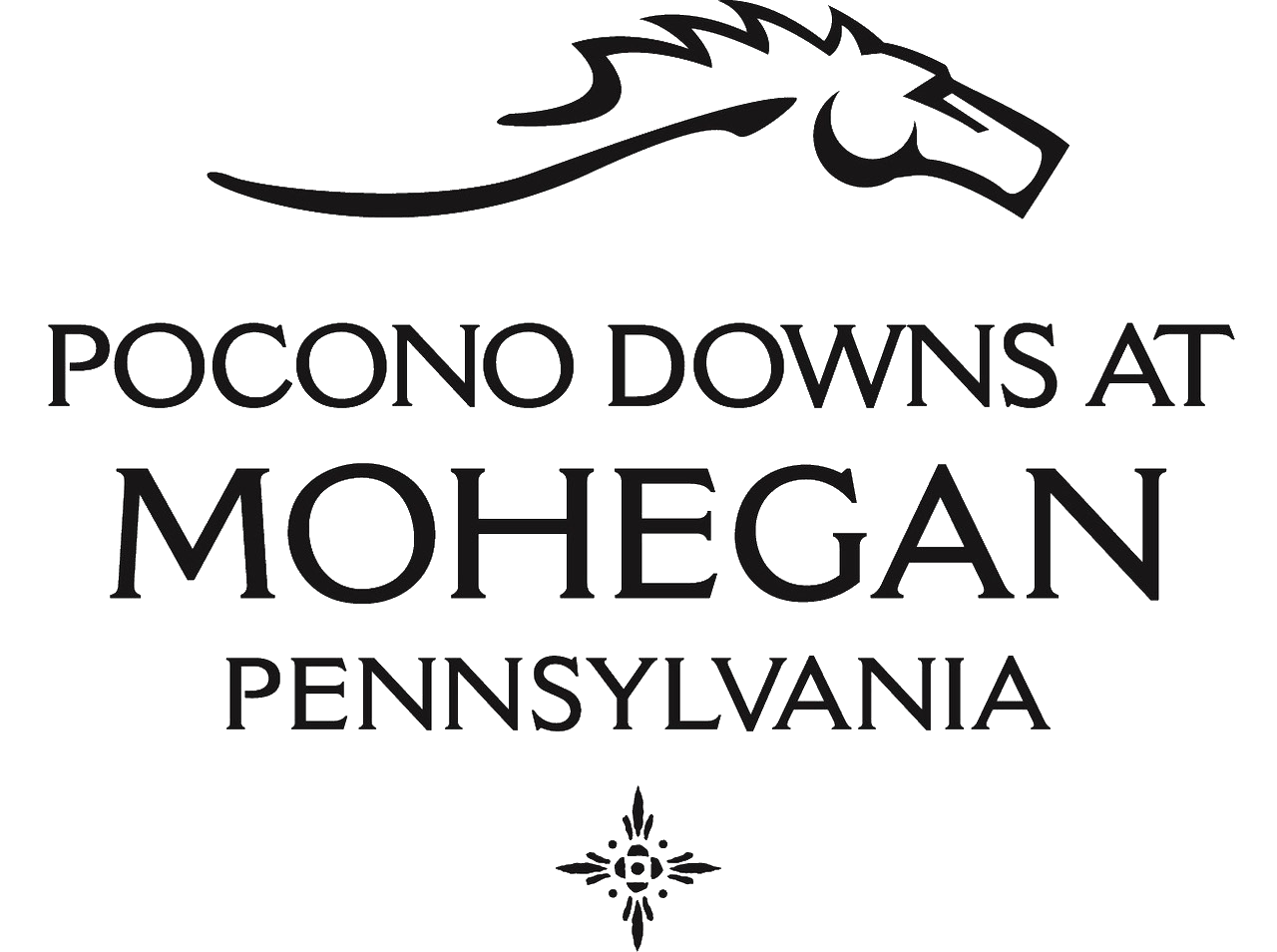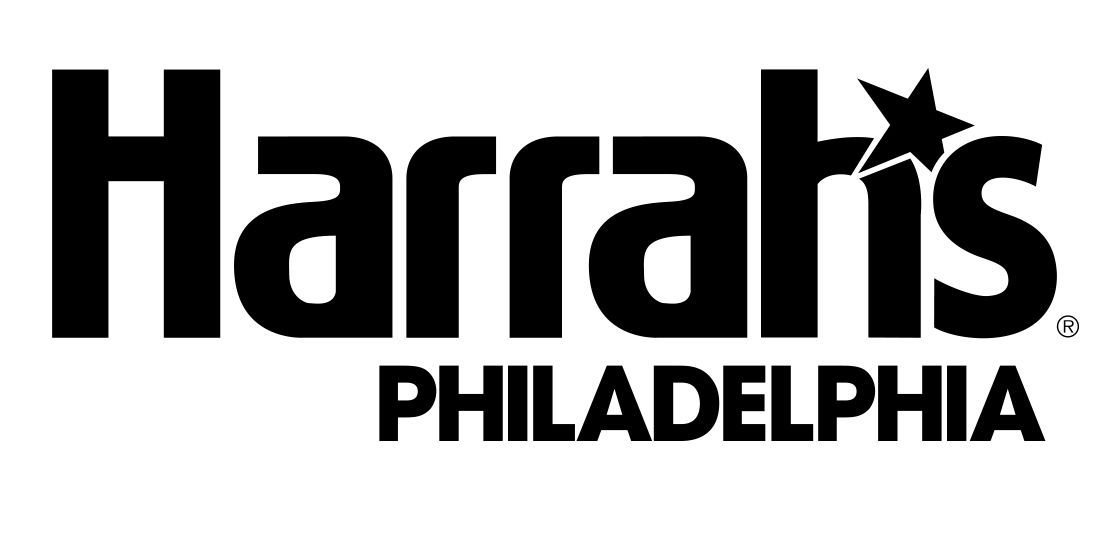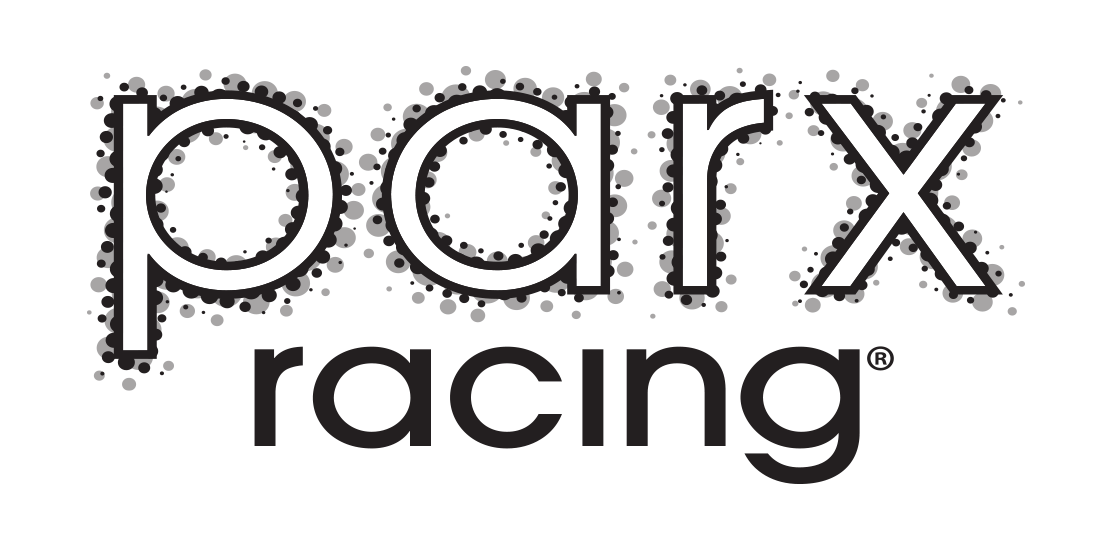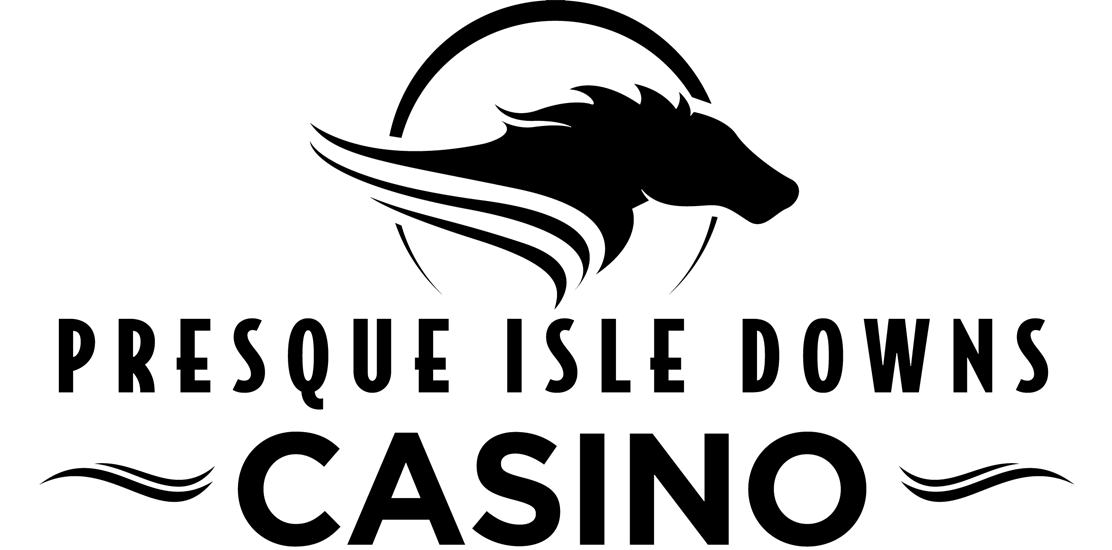Race horses and breeders in Pennsylvania benefit from the state’s abundant crop production and feed manufacturers. For centuries, Native Americans farmed what is now Pennsylvania, and in the late 1700’s, Pennsylvania led the country in food production. Agriculture, farm machinery, and a flourishing mill industry played a major role in Pennsylvania’s economy when over half the population lived on farms. A temperate climate and fertile soils produce corn, oats, barley, soybeans, and high quality timothy and alfalfa hay, essentials in a horse’s diet. Broodmares, young, growing horses, and race horses get their energy and nutrition from hay and grain, and each stage of a horse’s life requires different needs. Race horses need energy to compete, broodmares need extra protein and minerals to produce milk, and young horses need high protein to develop bone and muscle.
Dozens of small, family-owned feed mills in the state still produce quality animal feeds including horse feed, and many local mills manufacture their own using local ingredients. Sweet feed, commonly fed to horses, is made with a mixture of grains, usually corn, oats, barley, and molasses or pellets. A major crop in PA, local corn is used by many mills in their horse feed along with local soybean meal and barley. Sensenig’s Feed Mill, established in 1945 in New Holland, PA, uses local flaked corn and molasses in their horse feeds, and Albright’s Mill, in Kempton, PA , also formulates their own horse feed mixture. In the Reading area, Oley Valley Feed Co. stocks major horse feed brands including Purina and Nutrena and sells local hay and bedding, and Brown’s Feeds in Birdsboro, PA carries their own private label blends made with locally grown grains.
Brandt’s Mill in Lebanon, PA, the only mill in the area that is dedicated to equines only, manufactures high quality horse feeds in partnership with Kentucky Equine Research, known as KER. KER is an international equine nutrition, research, and consulting company that works with mill owners worldwide to formulate custom horse feeds. According to owner Robert Brandt, “our business has been in the family since 1941, and we’ve been manufacturing equine only feed for about 30 years. We use Canadian oats which are heavier than those grown locally so they are more nutritious, but we buy locally processed corn, wheat, barley, and alfalfa pellets, and we buy soybean meal in Ephrata. We sell feed specially formulated for the needs of the equine athlete, pregnant and lactating mares, pleasure horses, and seniors. Our customers include thoroughbred breeding farms, show horse barns, and race horse owners. We deliver feed three times a week to horse trainers at Penn National, and we also deliver to trainers at Parx, Laurel Race Track, Delaware Park, and Fair Hill Training Center.” Also, Brandt’s retail pet store sells a variety of U.S. made, all natural pet foods for dogs, cats, birds, and fish, and they formulate their own custom wild bird seed and make their own guinea pig and rabbit pellets.
Beside small mills, massive global companies like Cargill manufacture some products in Pennsylvania using local crops. Cargill brands include Southern States and Nutrena horse feeds, and at their mill in Gettysburg, PA, they use local corn, wheat, soybean meal and salt in their products. Another major company with a plant located in Harrisburg, PA, Purina also takes advantage of using local products in their feeds.
Another fundamental need in a horse’s diet is forage, and because of Pennsylvania’s rich fertile soil and sufficient amounts of rainfall, hay is one of the state’s most valuable and common crops. Farmers make high quality clean timothy, grass hay mixtures, and alfalfa. Typically, race horses are fed timothy hay and alfalfa. Usually timothy is available to them twenty-four hours a day and a few flakes of rich alfalfa are added daily. Wild horses existed on low nutrient grasses alone, but race horses and breeding stock need hay and grain for nutrition, and since most live in barns, they need bedding for their stalls. Shavings is a popular choice with many horsemen, but Pennsylvania farmers also produce high quality oat and wheat straw which is desirable bedding especially for mares and foals.
In order for Pennsylvania farmers to grow the crops that feed the state’s horse and livestock industry, they need equipment to plow the fields, bale hay, and plant seed. Every farm needs a tractor, and in 1895, Abe Zimmerman established feed mills and the New Holland Machine Co. which made agricultural products to help farmers make their work easier. The company, now owned by CNH Global, still maintains its North American headquarters in New Holland, PA where it is home to the largest hay tool production facility in the world. Pennsylvania agriculture, including farm machinery businesses, crop farmers, and feed mills, and the horse racing industry support and rely on each other.
